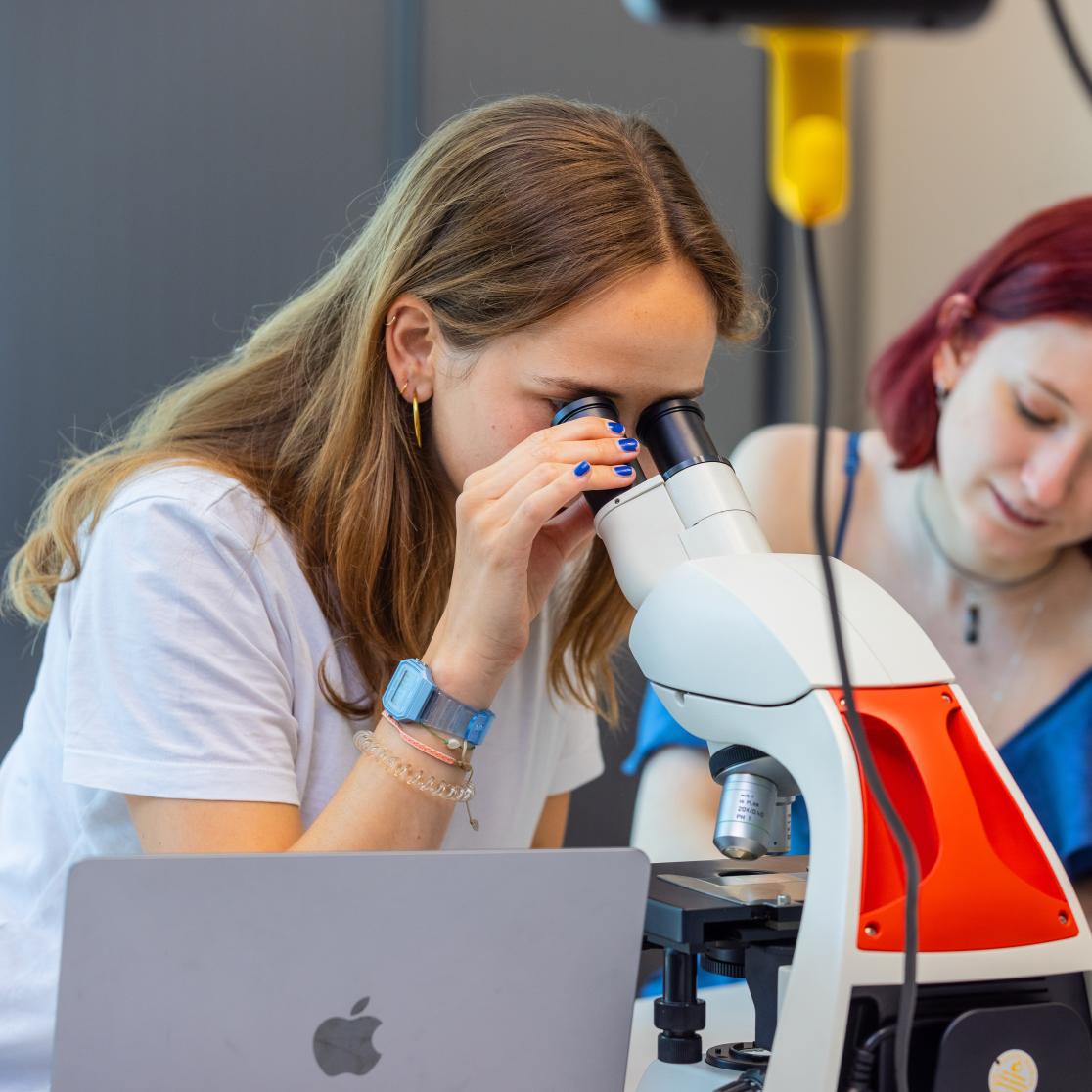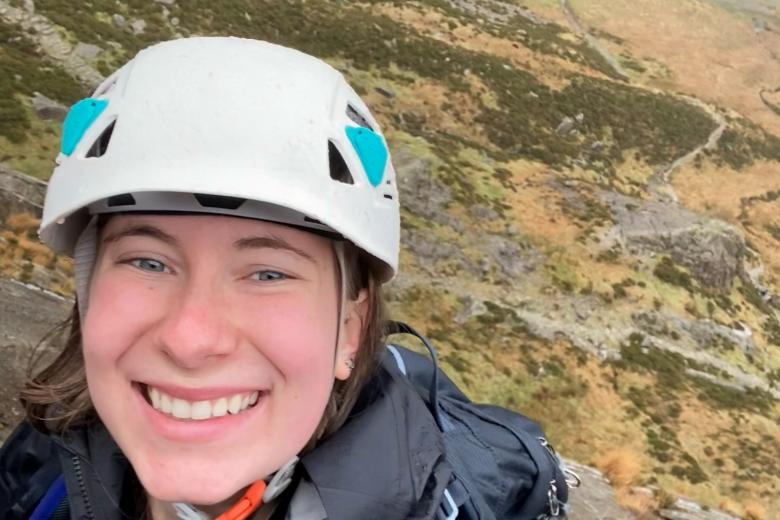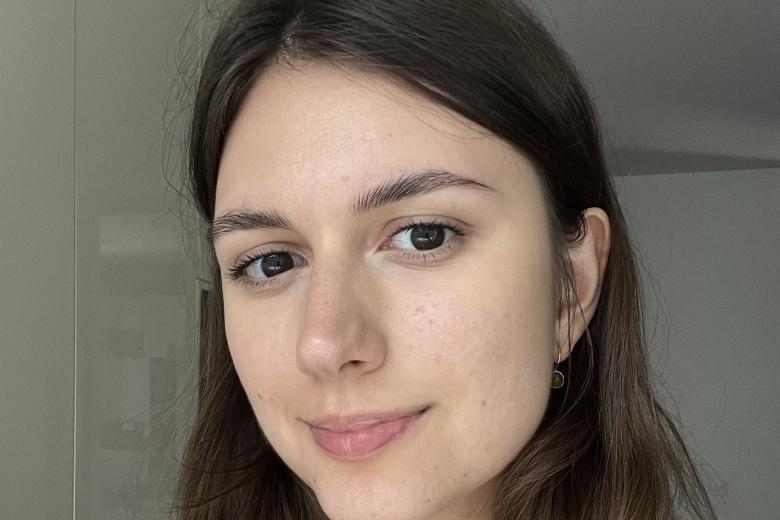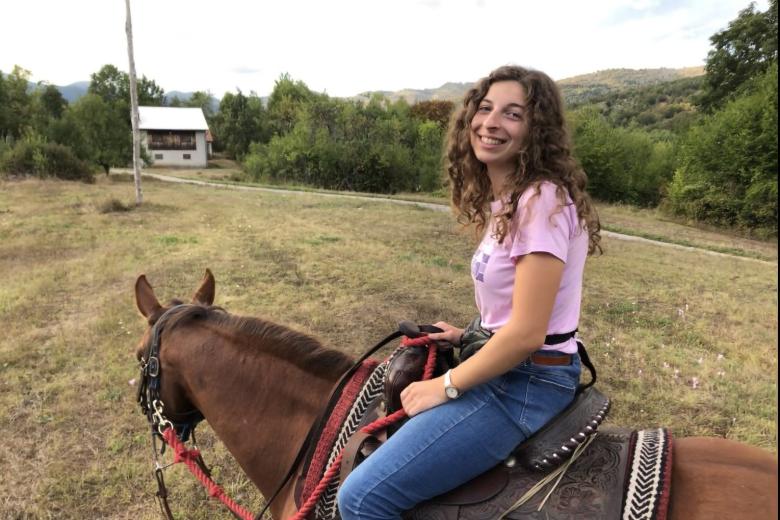Why this programme
Sustainable Bioscience is about understanding and solving global issues like the impact of climate change on food security and health. You will explore how natural systems work and how we can use them in a sustainable way.
Why is Sustainable Bioscience special?
Sustainable Bioscience uses science and technology to solve big real-world problems. You will learn to mix biology with tech, earth science, and social views to help tackle issues such as climate change, biodiversity loss, and food sustainability. It’s hands-on, collaborative, and focused on impact. You will learn to think in systems, work across disciplines, and explore cool careers like sustainable food design or restoring nature. This isn’t just about being a scientist; it is about becoming a changemaker who can connect the dots and help build a better future for people and planet.
During the programme, you will learn through answering questions such as
- How can we use natural resources within planetary boundaries to meet society’s needs?
- How can we use what we know about plants, nature, and the environment to grow food more sustainably?
- How can we make sure people around the world get healthy, safe food without harming the planet?
Concentrations
The programme offers three concentrations, so you can focus on the area of Sustainable Bioscience that interests you most.
Planetary Systems
Explore global issues like climate change and biodiversity loss and how they impact nature and human health. Study Earth as one connected system and learn how nature and society interact through eco, bio, and environmental science lenses.
Agricultural Systems
Study plant biology, soil health, greenhouses, biotech, and sustainable food systems. Learn how crops grow in different environments and how science and technology can improve farming. This concentration links biology, climate, and innovation to build resilient agriculture.
Food Systems
Learn how food shapes health, sustainability, and society. Through nutrition science, food tech, and consumer behaviour, you explore how to create safe, healthy, and sustainable food. This concentration connects biology with health and innovation in the food industry.
Research-Based Learning
In Sustainable Bioscience, you learn by doing. Working on small research projects, you build skills through real-life challenges. As you go, the challenges grow, and you get to explore, research, and create real solutions. It all leads up to your own final research project: the bachelor thesis.
Research-based learning encourages you to:
- Formulate questions with yet unknown answers.
- Make your own discoveries by studying new techniques and processes with a scientific attitude.
- Design solutions for the challenges in the transition towards sustainable agriculture.

Green Campus
Our unique facilities are spread out across a green campus, in between trees. Here, you will find modern laboratories dedicated to research on sustainable systems in the fields of biodiversity, behaviour, biotechnology, and food. There are laboratories for (genetic) research into plants, a lab with an artificial digestive system used to study how food is digested, and a lab to study behavioural preferences in food choice. Also, there is a hypermodern greenhouse. The green campus itself is a lab for all the biodiversity education. During your studies, you will get hands-on experience in these labs through various projects and research.
The university isn’t the only one based on campus. You will also find companies and research institutes working on creating a healthier and more sustainable food system.
Studying here means joining a close-knit community of international students and researchers who share a single mission: to help create a healthy and sustainable planet. Together with its natural surroundings, this mission makes our campus perhaps the greenest in the Netherlands.




